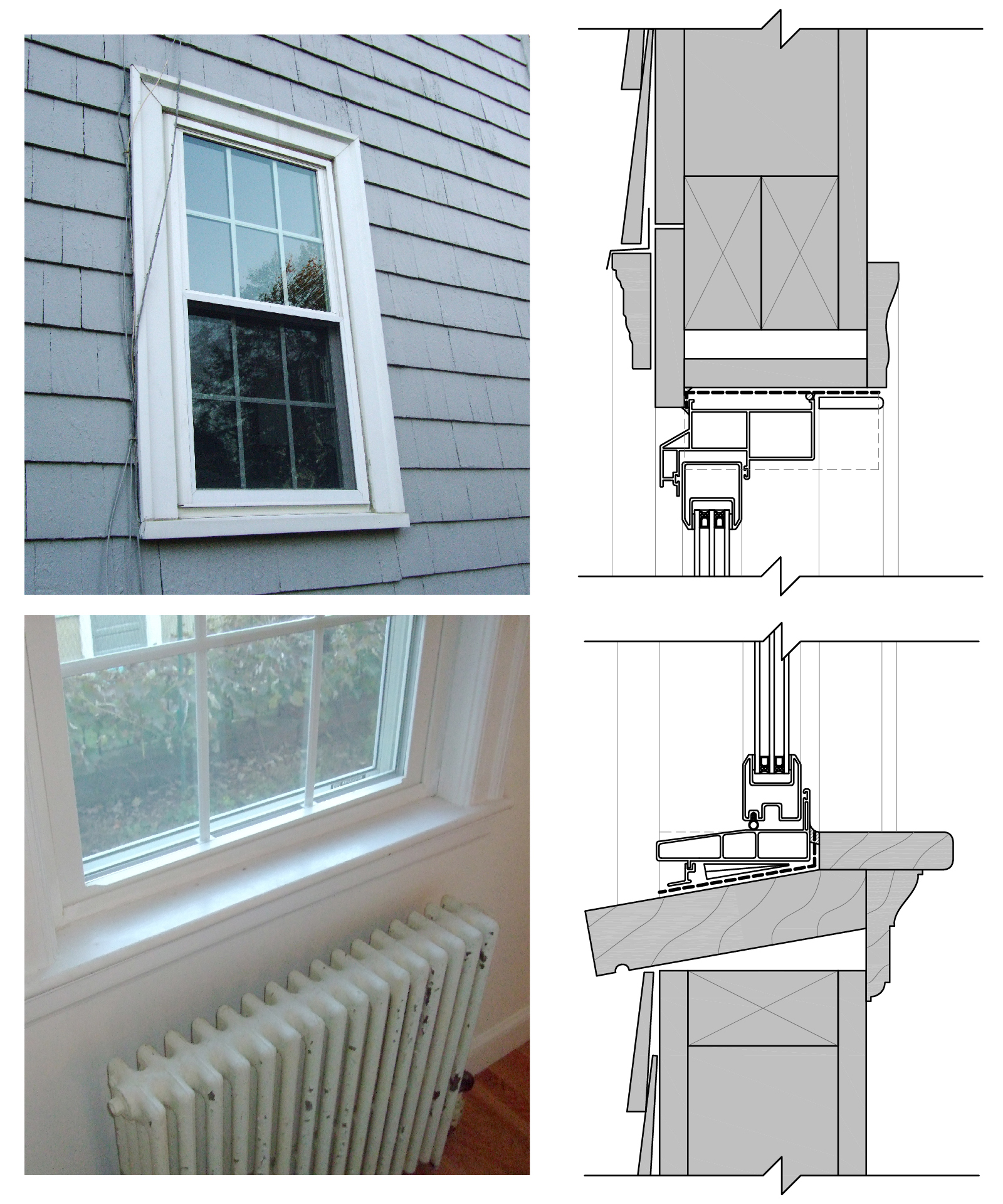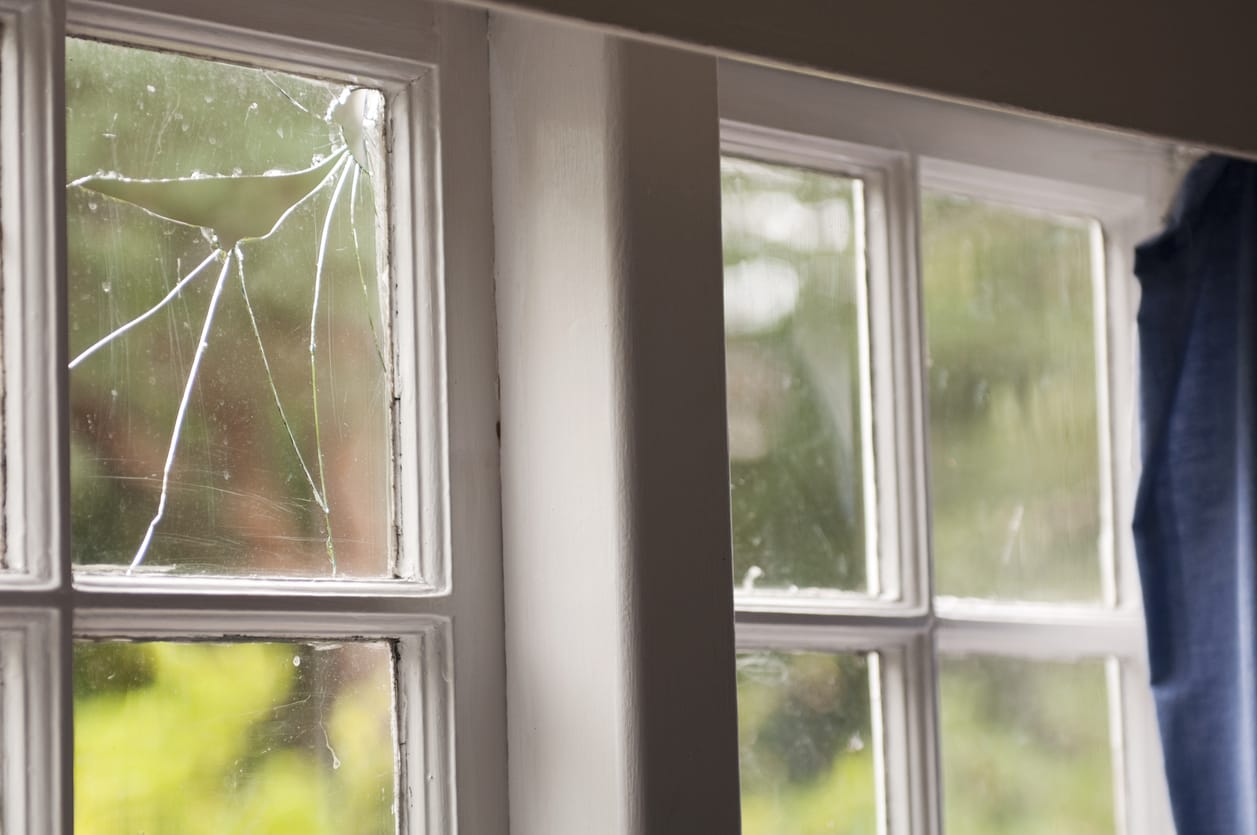Top Houston Window Replacement Experts for Your Home
Top Houston Window Replacement Experts for Your Home
Blog Article
Upgrade Your Home With Energy-Efficient Home Window Substitutes
In the realm of home enhancement, the decision to update to energy-efficient window replacements can considerably impact both the performance and visual appeals of a home (Woodlands window replacement). As homeowners look for methods to enhance the effectiveness and sustainability of their home, the selection of home windows plays an essential role in attaining these goals. Beyond the surface area level of plain aesthetic appeals, energy-efficient home windows supply a plethora of advantages that go past simple aesthetic charm. With a careful choice procedure that considers different factors, from glass types to installment techniques, beginning on this home upgrade journey could prove to be a transformative venture.
Advantages of Energy-Efficient Windows

The installment of energy-efficient home windows provides significant financial savings on utility costs while improving ecological sustainability. Energy-efficient windows are made to reduce warm loss and gain, reducing the need for home heating and cooling systems to burn the midnight oil. By effectively protecting the home, these windows assist maintain a comfortable interior temperature level year-round, resulting in lower energy intake and decreased energy costs. In addition, energy-efficient windows can assist regulate dampness levels within the home, minimizing the danger of mold and mildew and mold growth.
Beyond the financial benefits, energy-efficient home windows add to ecological sustainability by reducing carbon emissions connected with power manufacturing. Overall, investing in energy-efficient home windows not just enhances the convenience and effectiveness of a home however also straightens with ecologically aware methods.
Kinds Of Energy-Efficient Glass
Various innovative sorts of energy-efficient glass offer unique homes that deal with various requirements and preferences in improving the sustainability and efficiency of structures. Low-emissivity (Low-E) glass is a prominent option created to minimize the amount of ultraviolet and infrared light that can travel through the glass, thus lowering warmth transfer. This sort of glass aids maintain a consistent interior temperature level, minimizing the requirement for heating or cooling down systems, and ultimately reducing power expenses. Another innovative choice is spectrally selective glass, which allows noticeable light to pass via while blocking certain types of infrared radiation. This helps in preserving a comfy indoor environment while lessening warm gain. Triple-pane glass, including three layers of glass with shielding gas between them, supplies enhanced thermal insulation, making it highly energy-efficient. Furthermore, self-cleaning glass with a special finish that breaks down and loosens dirt when exposed to sunlight can minimize maintenance demands and maintain home windows looking clean. Each sort of energy-efficient glass uses unique advantages, allowing property owners to pick one of the most appropriate alternative based on their certain requirements and objectives.
Elements to Think About When Choosing
When contemplating energy-efficient home window replacements, it is vital to thoroughly evaluate details factors that line up with your sustainability purposes and preferred energy cost savings. One essential aspect to consider is the window's energy efficiency ratings, such as the U-factor and Solar Warmth Gain Coefficient (SHGC) The U-factor actions how well the window protects, with lower numbers suggesting better insulation, while the SHGC suggests the window's capability to obstruct warm from sunlight. Furthermore, the window structure material plays a significant duty in power efficiency. Materials like fiberglass, plastic, or wood with thermal breaks are exceptional options for minimizing warm transfer. An additional essential factor to consider is the window design and alignment concerning sunlight direct exposure. Choosing the right home window design and tactically putting them can optimize natural light while minimizing warm gain or loss. Finally, setup quality is key to guaranteeing the home windows carry out as intended. Correct installment aids stop air leakage, ensuring optimum power performance. By very carefully assessing these elements, you can select energy-efficient home windows that improve comfort, reduce energy expenses, and profit the environment.
Setup and Upkeep Tips

Routine upkeep is key to protecting the efficiency of your energy-efficient home windows. Evaluate the home windows occasionally for any kind of indications of sealant, wear, or damage wear and tear. Tidy the frames, tracks, and glass frequently using moderate soap and water to eliminate dust and gunk that can affect efficiency. Check the weather-stripping and seals for any type of splits or gaps and replace them if you can check here needed to preserve the windows' energy performance.
Furthermore, lube relocating components such as locks and hinges to make certain smooth operation. By complying with these installment and upkeep tips, you can enhance the power effectiveness of your home and extend the life expectancy of your energy-efficient windows.
Cost-Benefit Analysis of Upgrading

Energy-efficient home windows are developed to lessen warmth transfer, minimizing the requirement for heating and cooling systems to work overtime. This can bring about considerable financial savings on power costs, particularly in areas with severe temperature levels. Additionally, energy-efficient home windows can improve the total worth of your home, making it extra attractive to possible customers if you determine to offer in the future.
When calculating the cost-benefit analysis, factor in the potential savings on power expenses, any type of offered rewards or refunds, and the life expectancy of the home windows. While the preliminary cost might be greater, the lasting savings and benefits of energy-efficient windows make them a clever investment for house owners seeking to enhance their property's energy efficiency and value.

Final Thought
In final thought, upgrading to energy-efficient home window substitutes offers various advantages such as reduced energy intake, boosted convenience, and expense financial savings. By selecting the suitable sort of energy-efficient glass and considering variables like frame material and setup, property owners can take full advantage of the efficiency of their windows. Routine maintenance and appropriate installation are necessary for long-term performance. Generally, the cost-benefit analysis of upgrading to energy-efficient his response home windows shows that the first financial investment can result in considerable savings in the future.
When considering energy-efficient window substitutes, it is necessary to carefully examine certain variables that line up with your sustainability objectives and wanted energy cost savings. The U-factor actions how well the home window protects, with lower numbers showing far better insulation, while the SHGC indicates the home window's capacity to block warmth from sunshine. By thoroughly assessing these elements, you can pick energy-efficient windows that boost convenience, reduce power costs, and benefit the setting.
While energy-efficient home windows might have a greater upfront price contrasted to standard home windows, the long-term advantages typically exceed the first financial investment.In verdict, upgrading to energy-efficient home window replacements offers various benefits such as lowered power consumption, raised convenience, and cost savings.
Report this page